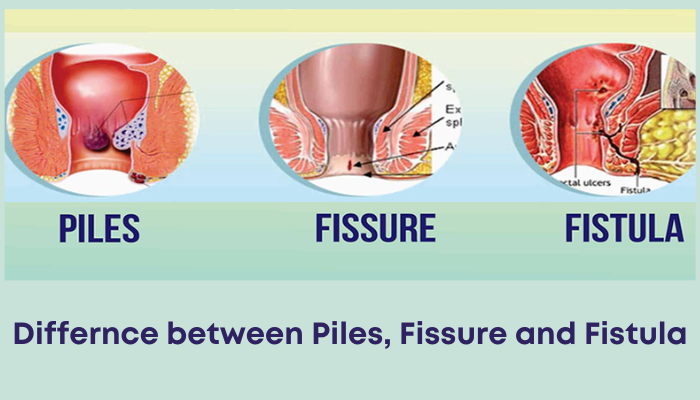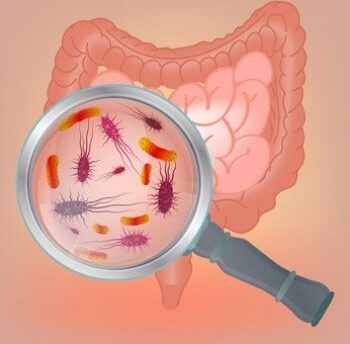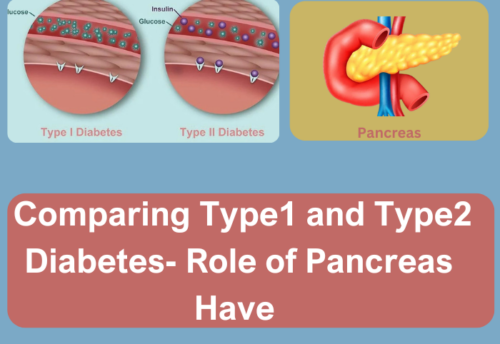
Understanding the Difference Between Fissures and Fistulas
Understanding the Difference Between Fissures and Fistulas
Anorectal conditions like fissures and fistulas can cause discomfort and confusion due to their similar symptoms. While both affect the anal region, they are distinct conditions with different causes, symptoms, and treatments. Understanding the differences can help you seek timely and appropriate care.
In this blog, we’ll explore what fissures and fistulas are, their causes, symptoms, and when to seek treatment.
What is an Anal Fissure?
An anal fissure is a small tear or crack in the lining of the anus. This condition is often caused by trauma to the anal canal during bowel movements.
Causes of Anal Fissures
- Constipation: Straining during bowel movements can lead to tears.
- Hard Stools: Passing large or hard stools increases the risk.
- Diarrhea: Frequent, loose stools can irritate the anal lining.
- Childbirth: Women may develop fissures due to pressure during labor.
- Other Causes: Chronic inflammatory conditions like Crohn’s disease.
Symptoms of Anal Fissures
- Sharp pain during and after bowel movements.
- Bright red blood in the stool or on toilet paper.
- Itching or irritation around the anus.
- A visible crack near the anus.
Anal fissures often heal on their own with conservative treatments, but chronic fissures may require medical intervention.
What is an Anal Fistula?
An anal fistula is an abnormal tunnel that forms between the inside of the anus and the surrounding skin. It often develops due to an infection in the anal glands that creates an abscess.
Causes of Anal Fistulas
- Anal Abscesses: Untreated or recurrent infections can lead to fistulas.
- Crohn’s Disease: Inflammatory bowel conditions increase the risk.
- Tuberculosis or STDs: These infections can occasionally cause fistulas.
- Trauma or Surgery: In rare cases, anal surgery or injuries can lead to fistulas.
Symptoms of Anal Fistulas
- Persistent pain and swelling around the anus.
- Discharge of pus or blood from an opening near the anus.
- Recurrent infections or abscesses.
- Fever or fatigue, indicating infection.
Unlike fissures, fistulas rarely heal without surgical treatment.
Key Differences Between Fissures and Fistulas
| Aspect | Fissures | Fistulas |
| Definition | Tear in the anal lining | Tunnel between anus and skin |
| Cause | Trauma, constipation, or diarrhea | Infection, abscess, or Crohn’s disease |
| Symptoms | Pain, bleeding, visible tear | Pain, pus discharge, swelling |
| Treatment | Conservative, lifestyle changes | Surgical intervention required |
When to See a Doctor
Both fissures and fistulas can cause significant discomfort, but it’s essential to consult a doctor if you experience the following symptoms:
- Persistent or severe pain around the anus.
- Recurring bleeding during bowel movements.
- Swelling or visible discharge near the anus.
- Signs of infection, such as fever or fatigue.
Treatment Options for Fissures and Fistulas
Treatment for Anal Fissures
- Conservative Care: Stool softeners, fiber-rich diets, and increased water intake can prevent constipation.
- Topical Treatments: Numbing creams or ointments can relieve pain and promote healing.
- Sitz Baths: Soaking the anal area in warm water reduces discomfort and promotes healing.
- Surgical Options: Chronic fissures may require procedures like lateral internal sphincterotomy to relax the anal muscles.
Treatment for Anal Fistulas
- Antibiotics: For infection control, though not a standalone treatment.
- Surgery: Options like fistulotomy or seton placement are often needed to treat the fistula and prevent recurrence.
- Advanced Techniques: Laser surgery and minimally invasive procedures are becoming increasingly popular for faster recovery.
Preventing Fissures and Fistulas
Adopting healthy habits can reduce the risk of both conditions:
- Eat a high-fiber diet to maintain soft stools.
- Stay hydrated to prevent constipation.
- Practice good anal hygiene to avoid infections.
- Avoid prolonged sitting or straining during bowel movements.
Why Choose Dr. Suresh Jain for Treatment?
If you’re struggling with anal fissures, fistulas, or other anorectal conditions, expert care can make all the difference. Dr. Suresh Jain at Digestive Endoscopy Clinic is a leading specialist in piles treatment in Rasta Peth Pune, offering advanced, minimally invasive treatments for fissures, fistulas, and other related conditions.
Dr. Jain’s patient-centric approach ensures accurate diagnosis and personalized treatment plans for optimal recovery.
While fissures and fistulas may share some symptoms, they are distinct conditions requiring different treatments. Recognizing the differences and seeking timely medical care is essential for effective relief and recovery.
For expert care, visit Dr. Suresh Jain at Digestive Endoscopy Clinic for reliable and advanced piles treatment in Rasta Peth Pune. Take the first step toward a pain-free life with specialized care.



Leave a Comment